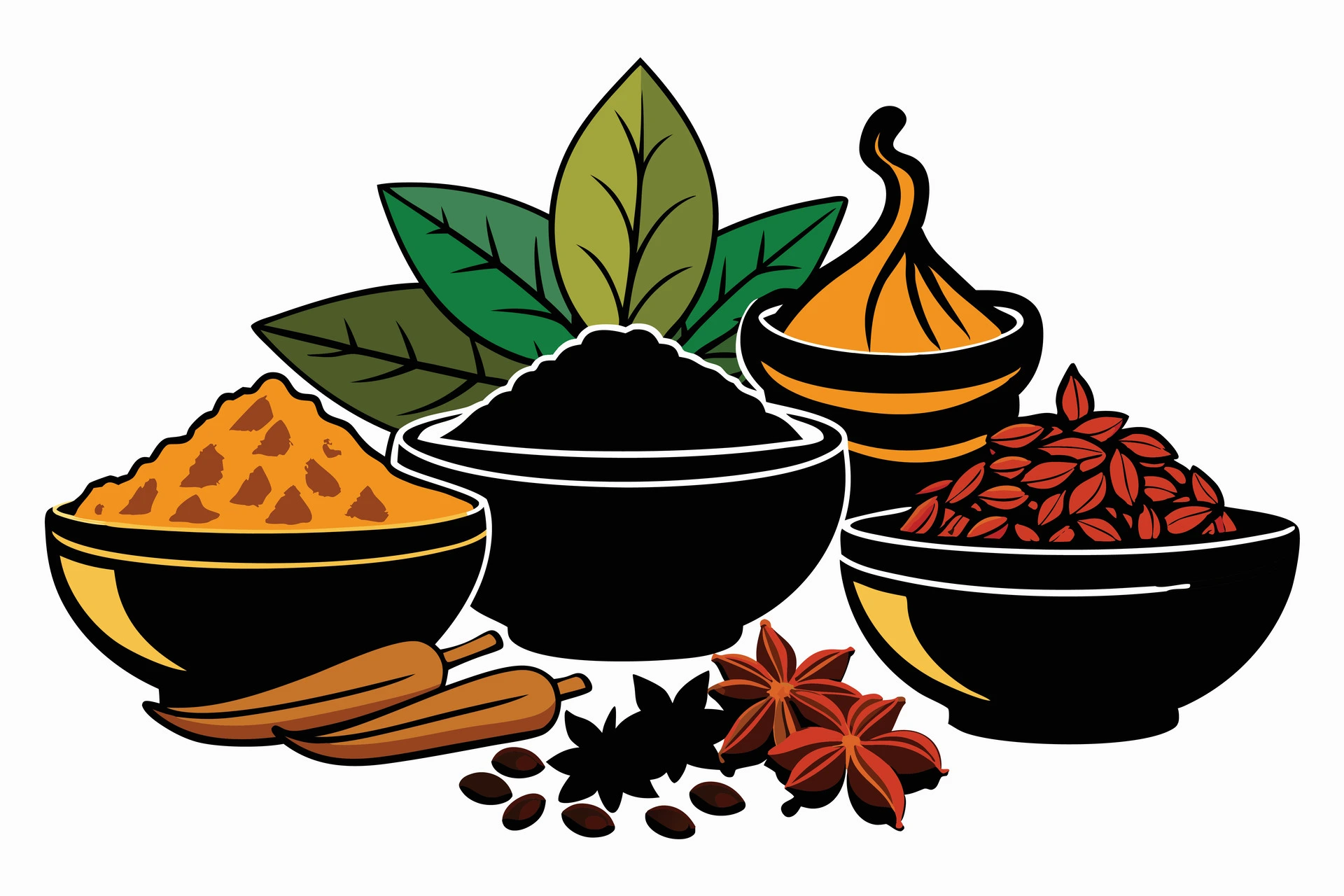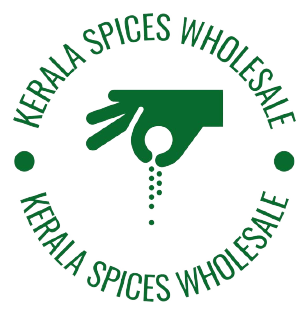For centuries, Kerala has held a distinguished place in the world of spices. Known for its lush landscapes and rich agricultural heritage, the state continues to set the benchmark for quality and authenticity in the global spice market. From cultivation to export, Kerala spice wholesalers uphold traditions that make the region synonymous with purity, flavor, and trust. Let’s explore why Kerala remains the gold standard for spice wholesalers today.
1. The Heritage of Kerala’s Spice Trade
The heritage of Kerala’s spice trade dates back thousands of years. Ancient traders from Arabia, China, and Europe once sailed to Kerala’s shores in search of black pepper, cardamom, and cinnamon — treasures that made the region a key hub in the global spice route. This long-standing legacy continues to influence Kerala’s modern spice industry, where traditional knowledge meets advanced processing techniques. Every spice that leaves Kerala carries the essence of this remarkable heritage.
2. Ideal Climate and Geography
Kerala’s unique tropical climate, fertile soil, and abundant rainfall create the ideal climate and geography for spice cultivation. The misty hills of Idukki and Wayanad are perfect for growing cardamom, pepper, and cloves, while the coastal plains support crops like turmeric and nutmeg. These natural conditions not only enhance the aroma and flavor of spices but also ensure high-quality yields that stand out in the global market.
3. Variety of Premium Spices
Kerala offers a variety of premium spices that are celebrated worldwide. From the fiery Malabar pepper and aromatic cardamom to fragrant cinnamon and flavorful turmeric, every spice is cultivated with care. Wholesalers in Kerala specialize in sourcing and grading these spices to meet diverse culinary and commercial demands. This vast selection makes Kerala a one-stop destination for spice buyers and exporters.
4. Quality Standards Followed by Wholesalers
The reputation of Kerala’s spice industry rests on the quality standards followed by wholesalers. Each batch undergoes meticulous cleaning, sorting, and grading before it is packed for distribution. Advanced quality control processes ensure that the spices retain their natural oils, color, and aroma. Many wholesalers also comply with international food safety standards, ensuring consistent quality for both domestic and global customers.
5. Sustainable and Organic Spice Farming
A growing number of farmers in Kerala have shifted towards sustainable and organic spice farming. Instead of relying on chemical fertilizers, they use eco-friendly and traditional methods to preserve soil health and biodiversity. This approach not only protects the environment but also enhances the natural taste and purity of spices. Consumers today increasingly prefer organic products, giving Kerala’s spice wholesalers a distinct competitive advantage in the market.
6. Farm-to-Table Sourcing
Transparency and traceability are key aspects of Kerala’s spice supply chain. Many wholesalers now follow farm-to-table sourcing, ensuring that customers know exactly where their spices come from. This direct link between farmers and wholesalers guarantees freshness, fair trade practices, and better income for cultivators. It also builds trust with buyers who value authenticity and ethical sourcing.
7. Export Trends and Market Reach
Kerala’s spices are exported to every corner of the world—from the Middle East and Europe to the United States and Japan. The export trends and market reach continue to grow, driven by increasing global demand for natural, high-quality spices. Kerala’s spice wholesalers play a major role in maintaining India’s status as one of the world’s leading spice exporters by delivering consistent quality and timely supply to international markets.
8. Certification Standards
To maintain trust and ensure global recognition, Kerala’s spice exporters adhere to strict certification standards. Many possess ISO, HACCP, and organic certifications that guarantee quality, hygiene, and authenticity. These certifications are crucial in meeting international import regulations and assuring customers that the products are safe, genuine, and sustainably sourced.
Conclusion
Kerala’s dominance in the spice trade is no coincidence—it’s a blend of rich heritage, natural abundance, and uncompromising quality. From sustainable farming practices to international certification standards, Kerala continues to define excellence in the global spice industry. For those seeking authenticity, purity, and trust, Kerala spice wholesalers remain the true gold standard.


